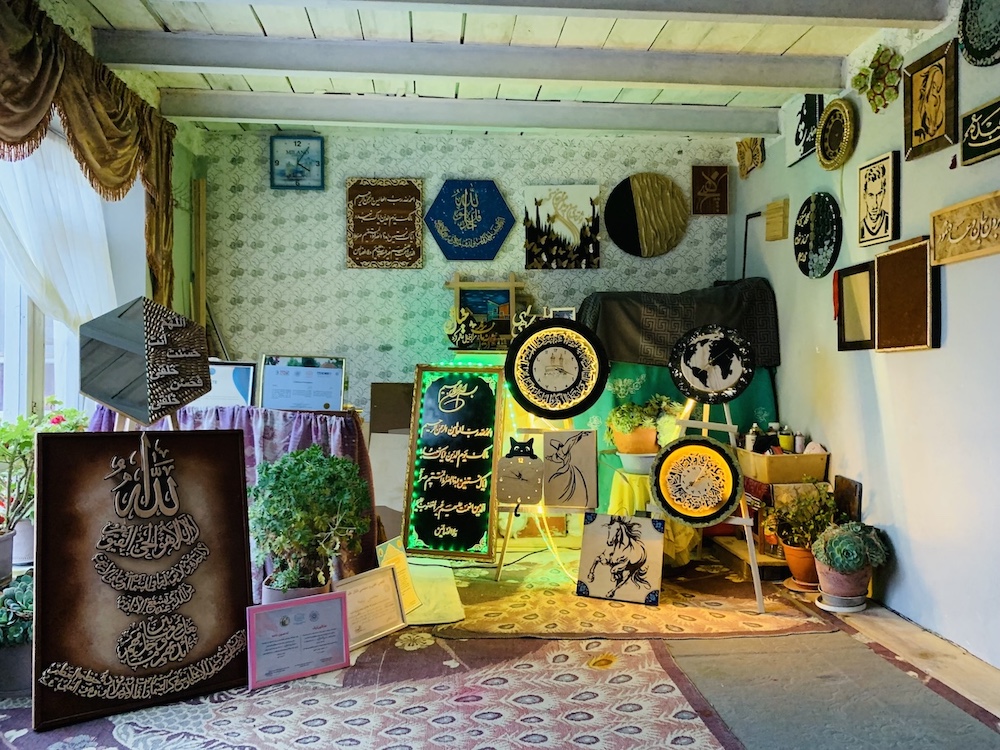ACCRA: Exasperated Ghanaians already grappling with frequent, unplanned power outages are steeling themselves for more misery after electricity distributors announced increased disruption to the grid in the coming weeks.
The blackouts, known as “dumsor” in Ghana’s Akan language, are making it harder to run businesses that are already struggling due to the country’s economic crisis — the worst in a decade.
On Thursday, the Ghana Grid Company and the Electricity Company of Ghana, which distribute power throughout the West African country of 33 million people, said there would be three weeks of load management because of maintenance work by a gas supplier in Nigeria.
FASTFACT
The erratic power supply is tipped to become a key topic in the December presidential election campaign.
Nigeria provides Ghana with a percentage of the gas it needs to fire its power-generating plants.
The announcement came a day after WAPCo, the operator of the pipeline importing gas from Nigeria, also warned there would be a drop in the quantity of gas available because of maintenance work in Nigeria.
The news has exasperated Ghanaians, who are already dealing with frequent power cuts.
“The current unannounced power cuts are already making it very hard to keep my poultry frozen,” said Judith Esi Baidoo, a 50-year-old frozen poultry vendor in Accra.
She added: “Now, with this three-week load management plan, I fear my stock will spoil. I don’t know how my business can survive this.”
The erratic power supply is tipped to become a key topic in the December presidential election campaign.
Timothy Oddoye, who repairs mobile phones in the Accra suburb of Kokomlemle, said: “The government had failed us. They’ve had years to fix these problems, yet we still suffer from the same issues.
“How can we grow our businesses when we can’t even rely on basic electricity?”
Despite being one of the African countries where electrification is most advanced, Ghana continues to experience chronic power shortages.
Domestic electricity production — generated by power plants that are often old and poorly maintained — has struggled to expand in line with rising demand.
According to International Energy Agency figures, Ghana generates 34 percent of its electricity from hydropower and 63 percent from gas.
The country produces oil and gas but still needs to import gas from Nigeria via the 678-km West African Gas Pipeline through Benin and Togo.
“The reliance on gas, especially from external suppliers, leaves us vulnerable,” said Ben Boakye, the Africa Center for Energy Policy executive director.
“The government must prioritize investments in renewable energy and upgrade our existing hydro and thermal plants to ensure consistent power supply.”
Public frustration at the power cuts erupted on June 8, when hundreds of Ghanaians, led by prominent celebrities, took to the streets of Accra to protest against the erratic supply under the slogan #DumsorMustStop.
These power cuts are all the more disturbing for Ghanaians as the country emerges from an economic crisis that saw inflation soar to 54 percent in December 2022.
It fell back to 25 percent in April 2023 but the population still suffers.

























